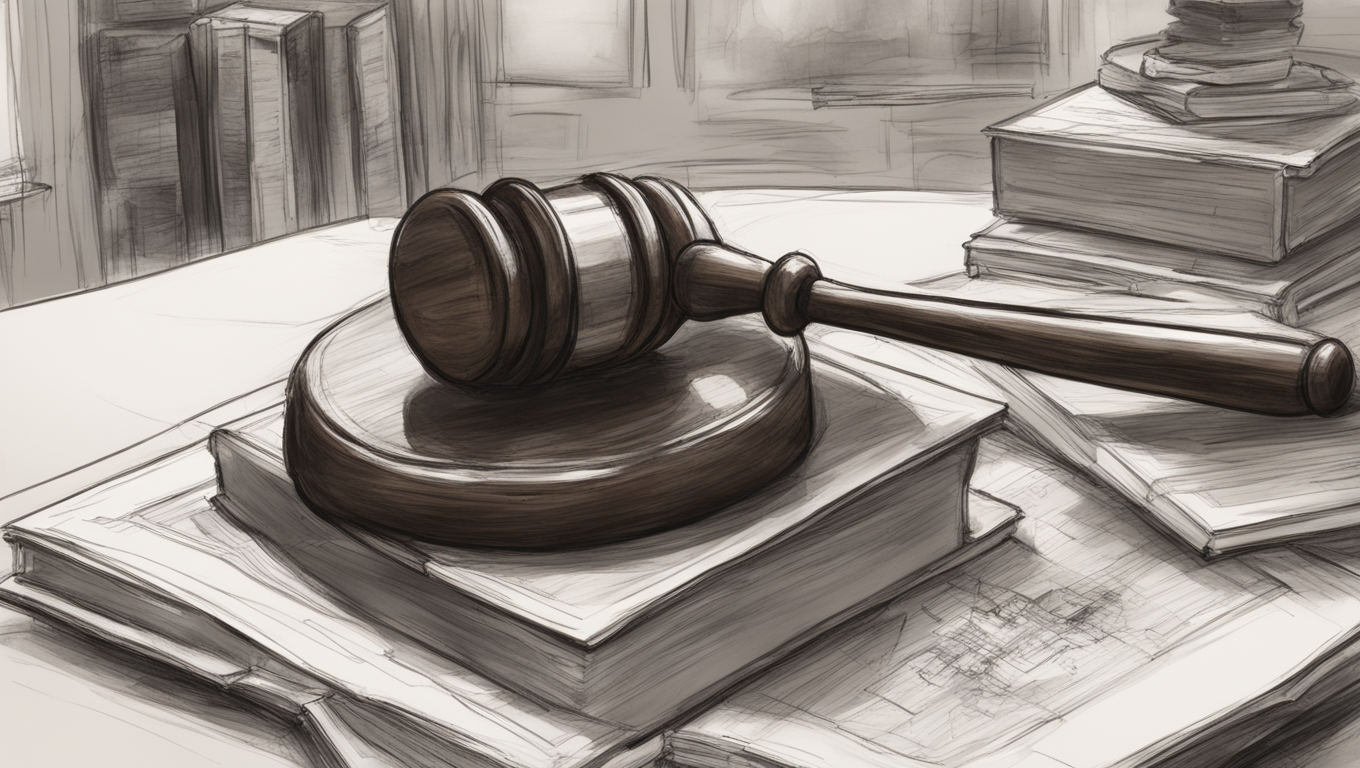A lawsuit brought by visual artists against Stability AI, Midjourney, and DeviantArt over the alleged misuse of their copyrighted work in connection with generative artificial intelligence (AI) systems has been partially dismissed by a judge in California federal court. U.S. District Judge William Orrick ruled that some of the claims from the proposed class action, brought by artists Sarah Andersen, Kelly McKernan, and Karla Ortiz, were to be dismissed, including all allegations against Midjourney and DeviantArt. However, the judge allowed the artists to file an amended complaint against the two companies, whose systems utilize Stability’s Stable Diffusion text-to-image technology. Orrick also dismissed McKernan and Ortiz’s entire copyright infringement claims but allowed Andersen to continue pursuing her key claim that Stability’s alleged use of her work to train Stable Diffusion infringed her copyrights.
The judge’s decision has significant implications for the broader discussion surrounding the use of AI in the creation of artistic works. Several lawsuits have been filed by artists, authors, and copyright owners accusing generative AI companies of infringing their copyrights by using their images and other copyrighted works without permission. The core claim in these lawsuits revolves around whether the use of copyrighted material in the training of AI systems constitutes copyright infringement. Judge Orrick acknowledged this issue, stating, “Even Stability recognizes that determination of the truth of these allegations – whether copying in violation of the Copyright Act occurred in the context of training Stable Diffusion or occurs when Stable Diffusion is run – cannot be resolved at this juncture.”
The artists' attorneys, Joseph Saveri and Matthew Butterick, expressed optimism about the ruling, noting that their “core claim” had survived and that they were confident they could address the court’s concerns about their other claims in their amended complaint, which will be filed next month. Stability, Midjourney, and DeviantArt have not provided any official comments on the judge’s decision.
The artists' complaint alleges that Stability used billions of images, including those created by the artists, without permission to teach its Stable Diffusion system to generate new images. While Judge Orrick agreed with all three companies that the images generated by the systems likely did not infringe the artists' copyrights, he left the door open for the claims to be amended, stating that allegations based on the systems' output could potentially survive if the artists could demonstrate that the generated images were substantially similar to their own work.
In addition to copyright infringement claims, the artists also alleged that the companies violated their publicity rights and competed with them unfairly. These claims were also partially dismissed by the judge, with permission for the artists to refile.
One of the reasons for the dismissal of certain claims by McKernan and Ortiz was their failure to register their images with the U.S. Copyright Office, a requirement for bringing a copyright lawsuit. This highlights the importance of copyright registration to protect artists' rights.
The ruling by Judge Orrick provides an opportunity for a deeper examination of the legal and ethical issues surrounding AI-generated art. The line between inspiration and infringement becomes blurred when AI systems are involved in the creation of new works. As AI technology continues to develop and gain prominence in the art world, it is crucial for artists, AI developers, and the legal system to establish clear guidelines and frameworks that protect artists' rights while fostering innovation and creativity.
As the lawsuits against generative AI companies continue to unfold, these legal battles will shape the future of AI in the art world and have far-reaching implications for the broader intellectual property landscape.
Key Quotes:
- The artists' attorneys Joseph Saveri and Matthew Butterick: “Our ‘core claim’ survived, and we are confident we can address the court’s concerns about our other claims in an amended complaint to be filed next month.”
Sources:
- Reuters
- Joseph Saveri Law Firm
- Matthew Butterick
- StabilityAI Ltd.
- Midjourney
- DeviantArt





Use the share button below if you liked it.